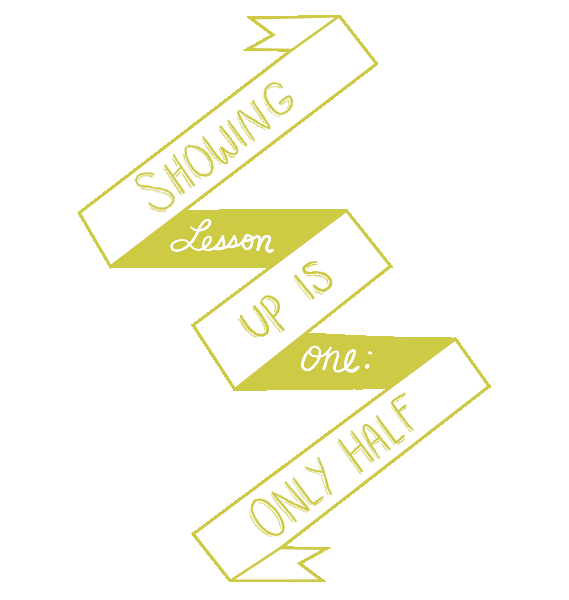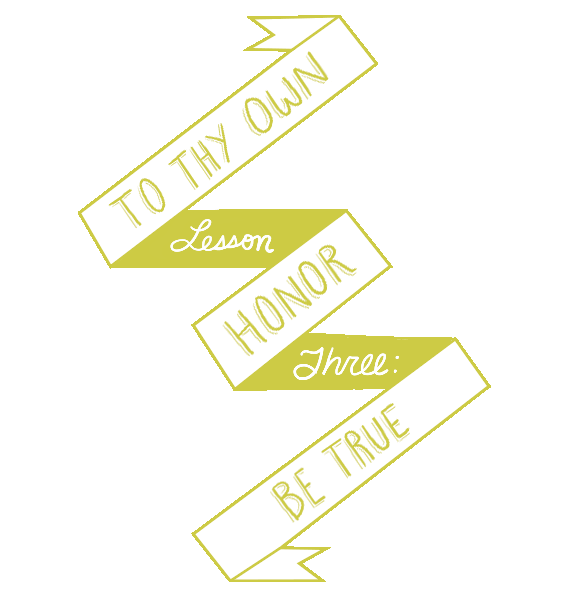
Words by Kate Madonna Hindes // Illustration by Leigh Luna
I’m greeted with a big hug at my front door and a request: “Coffee, black; a teaspoon of sugar.” At first glance, Jim Ericson, former CEO of Minneapolis’ own Master’s Forum, looks better than he has in recent years. The Master’s Forum sought to change the way our nation’s leaders ran their businesses by bringing together the brightest business speakers and innovative ideas. But personal problems and the Forum’s closing in 2010 hasn’t left a shadow on the man.
Here, sitting in my home, is someone I consider to be one of the nation’s brightest minds. But Jim is family to me. If others are an open book, Jim is a library. He spouts anecdotes and stories with a streaming quality that can only be likened to a human Netflix. His stories are never disjointed. They balance in an ebb and flow — a mix of witty commentary on life, love, and everything in-between. Here I was, like I had been so many times before, sitting with Jim and asking him quite simply, “What now?”
We move from story to story. I’m on the proverbial lazy river while I listen to Jim passionately speak about business, his children, and the, “should-have-beens” of his life. We float and flow from one topic onto the next: Character. Being a witness to your life. Doing the right thing.
When Jim reaches for something particularly painful, he takes a moment and never begins with his own words, but the lessons of others. Despite his recent struggles, I see someone with grace and determination — who articulates the wisdom behind the success, or the human element behind the story. Jim’s working on a novel, taking all the stories and creating a “leader’s walk.” Jim jokingly calls it “No-Bullshit: A guide to business.” Undaunted by what some might classify as “failure,” Jim shares the lessons he’s learned out loud.
“Carl Jung said we must understand the darkness in ourself before we understand the darkness in others. You must know yourself. It’s one of the two things on the wall at the oracle of Delphi. Know yourself and everything in moderation. Upon these two truths all of life is based. Do you understand?”
“We were ahead of our time.” His eyes sparkled as he told the story of his first training position at Wilson Learning. “Understand your client by sitting and listening until it’s clear what their pain is. Then follow the process.” He looked down at his hands and then switched his position. He leaned in closer and started to talk about Larry. Larry was Jim’s manager at Wilson Learning. Jim respected him for his leadership and tact, but more so because he understood the importance of process.
“My first day at Wilson Learning lasted about an hour. I was shown to my desk and then told to pack for Milwaukee.” Hours later he boarded a plane. Larry was a speaker at a large insurance convention, and it was there that Jim was given a taste of his purpose. “Larry got up to speak and he blew me away.” Jim learned a business truth that day: In order to sell, stories need to be about life. Business stories and case studies don’t stand the test of time like the great lessons. Jim wanted to bring the best storytellers together to help Minnesota leaders succeed.
“The scheme is this: They want to put words in your mouth. They want to teach you skills and they want you to role play. It’s as if you just say the right words and anything could happen. That’s the wrong way. What it needs to be is this: What is in your heart?”
“You can’t remember business-speak. It’s bullshit.” The coffee cup hits the table with a thud. Jim smiles in a way that tells me he knows exactly where this is all going. “In 1981, I was at McKinsey in San Francisco. They wanted to get into organizational development, so they had a couple guys from the San Francisco office —Tom Peters and Bob Waterman — join up with Richard Pascal and Tony Athos.” Jim starts laughing and asks me, “Do you know where McKinsey’s 7-S framework comes from?” I shake my head. “Tony Athos said, ‘How are we going to spend a week in the room with Tom Peters?’ Tony and Richard held Tom’s attention by getting him to focus on strategy. But before the two of them ever sat down at the table, Tony and Richard had already worked through the 7-S framework by taking a walk around the block. The 7-S framework was created to contain Tom Peters in a room for five days.” Two books came out of the Mckinsey meeting: Tom and Bob wrote, “In Search of Excellence.” Richard and Tony wrote, “The Art of Japanese Management.”
“Tony was brilliant like that. He was the best speaker I think we’ve ever had at the Master’s Forum.” After Mckinsey, Tony became a consultant and a Fortune 500 CEO called him up to address the staff after a particularly painful company announcement. “The CEO had to hire his own Greek chorus!” Jim becomes animated at the thought. “Can you imagine how many CEOs do this?” Tony had dinner in his room and there was a knock on the door. Two lawyers are there to ask Tony to sign a nondisclosure agreement before he heads to the event. The CEO speaks during the meeting and walks off to applause. Tony comes up to the front and says, “Grab a piece of paper and a pencil, and write down his three main points.” Jim grows quiet. “What happened?” I ask. “Not one single person in the room could accomplish the task.” Tony went on to speak nationally about the importance of building culture, not strategy.
“CEO’s love strategy and a good powerpoint. When the day is over and people don’t remember your strategy, their behavior is based on what gets rewarded and punished. Don’t be a mouse, and don’t treat your employees like mice.”
“You want real success? Dump the strategy and focus on honor.” Jim shared a story about wanting to claim a score of 69 in golf. “I putted and the ball ended up in a grounds-under-repair section of the course. It took the free drop, birdied the hole, and made a 40-foot putt for 69. The ball might have been in the woods, I don’t know. It was more likely in the grounds-under-repair. I didn’t take the time to look. I’ve never been able to give myself credit for that score because I have that one question.” After that, he played the best game of his life. “It simply doesn’t count if you don’t do it right. You can’t own something you didn’t actually accomplish. Life is like golf — you’ve got to play it where it lies; have a sense of honor; and for the sake of it all, take the penalty. Don’t write the score as if you made it. You’ll cheat yourself. To me, it’s a matter of honor of the game. And the game, is life.”
I walked Jim out to his car and as he opened the car door he had just one more story. He asked me if I liked Garrison Keillor. He said Keillor had a saying: “There are no answers, just stories.” The thought struck me then of how little time we had to make an impression or difference. Jim gave me the most precious of gifts. “If you know what everyone else knows, Katie, you know nothing. Curate the new.” And so I am.


